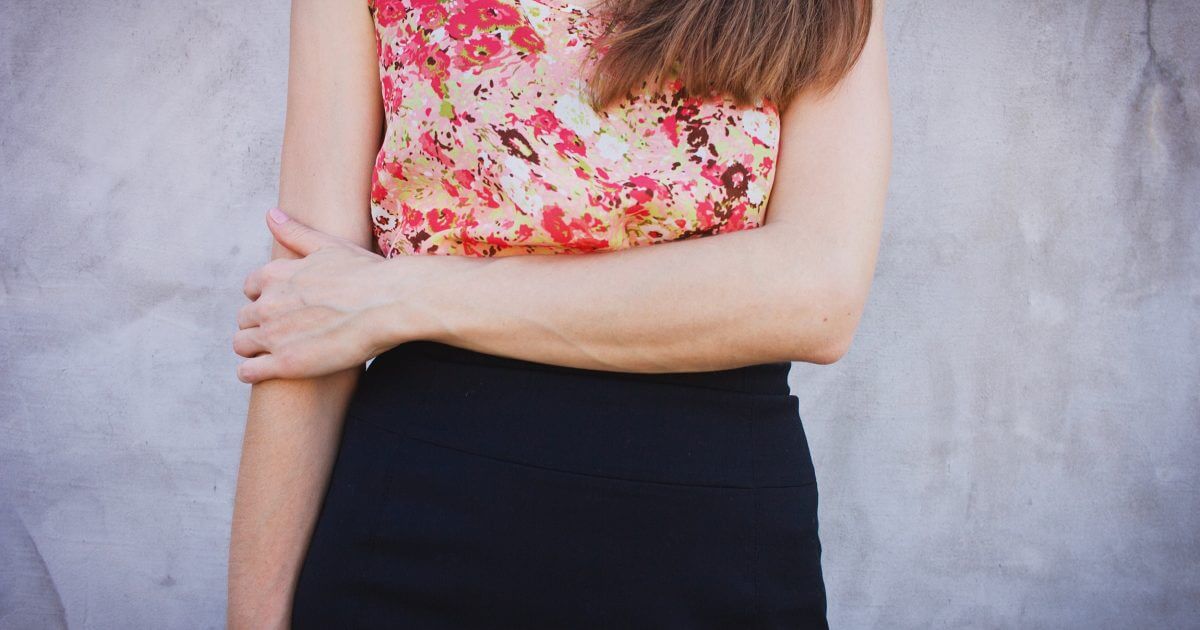Mammograms During COVID-19
- As states start phasing into reopening, mammogram appointments are being scheduled or planning to be scheduled soon
- Volumes of screenings depend on the state, as some hospitals are offering limited services to keep patients and staff safe
- Hospitals are taking safety precautions such as using face shields, practicing social distancing, and thoroughly sanitizing equipment
In New York City, which has had the most confirmed cases of COVID-19 in the United States, hospitals such as NewYorkPresbyterian Hospital have stopped scheduling mammograms during the pandemic until around the end of June. However, one staff member of the SurvivorNet family in Richmond, Virginia was able to schedule an appointment on June 10th. In many cancers, mammogram appoints are available by a state by state basis. So, for women who want to know whether they are able to get a mammogram, they should contact their local hospital and ask whether the facility is scheduling appointments at this time.
Read More5 Tips On Staying Safe While Getting A Mammogram
- Try to book appointments early in the morning when people are working to avoid crowds
- Wear a mask and gloves
- Wash hands once entering and leaving the hospital carry hand sanitizer
- Remain six feet distance from other patients
- Ask hospital staff how often they are sanitizing equipment and keeping the facility safe
The Importance Of Mammograms For Breast Cancer
Mammograms are needed regardless of your family history because most women with breast cancer have no family history or other identifiable risk factors. Getting mammograms regularly at the recommended intervals can help spot early signs of anything that may be potentially harmful. This way, you and your doctor can address them right away. However, for women who fit into the high-risk category, meaning they have a first-degree relative who has had breast cancer, have the BRCA1 or BRCA2 gene mutation, or had radiation to the chest area when you were young, you should start yearly mammogram screening as early as age 30.
“If you haven’t gone through menopause yet, I think it’s very important that you have a mammogram every year,” Dr. Lehman tells SurvivorNet in a separate interview. “We know that cancers grow more rapidly in our younger patients, and having that annual mammogram can be lifesaving.”
Dr. Lehman is correct when she says mammograms can be life-savers for many people. Despite leading a healthy lifestyle and having no family history of breast cancer, survivor Cynthia Besteman told SurvivorNet that she had been diagnosed with breast cancer during a routine mammogram.
Breast cancer survivor Cynthia Besteman says “the wind was knocked out of her” after her diagnosis
Many women may be concerned over their health during COVID-19, and fear that a possible breast cancer diagnosis will be delayed, but Dr. Lehman tells SurvivorNet that medical teams are still working hard to provide care.
“While the devastating impact of COVID-19 is clear, we are confident we will emerge stronger and more resilient, and wiser on how we can continue to support our patients for the full spectrum of their healthcare needs even in times of pandemics,” Dr. Lehman says.
Learn more about SurvivorNet's rigorous medical review process.


